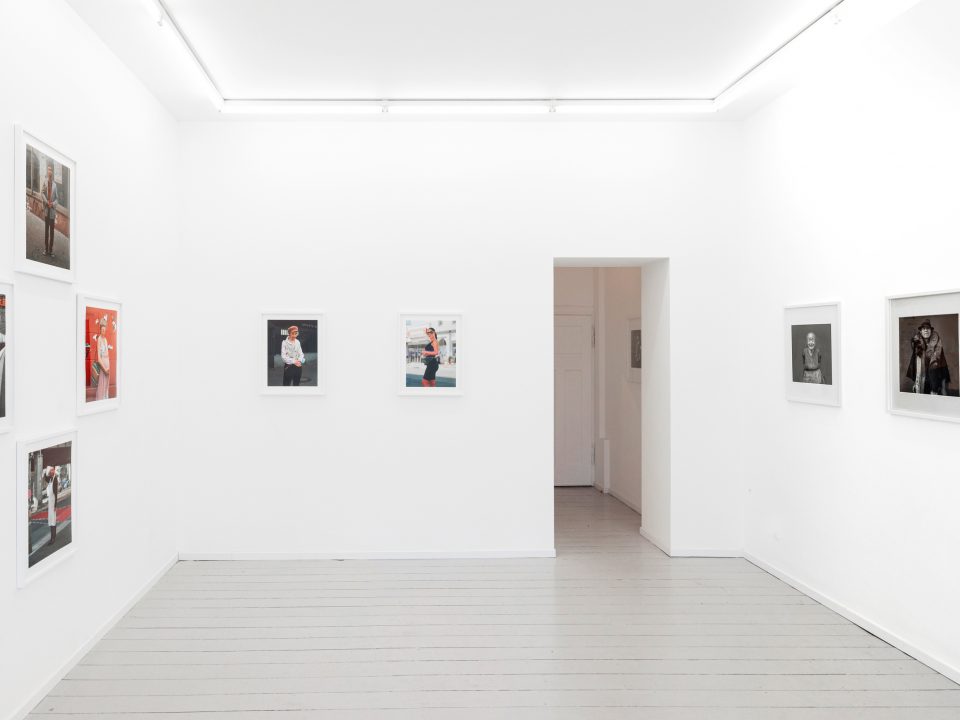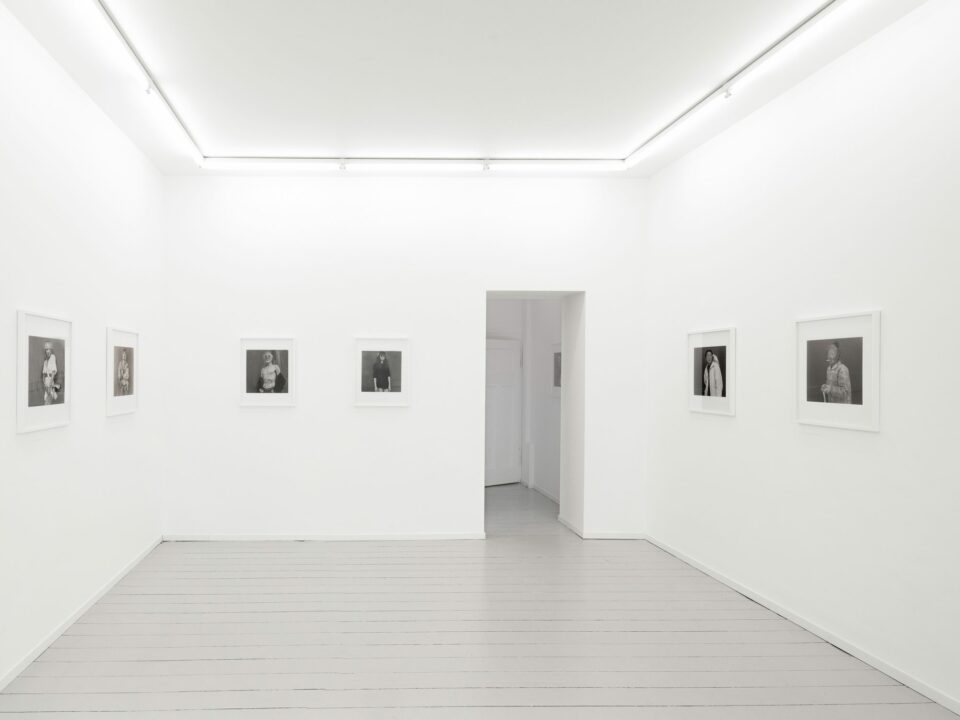Hiroh Kikai is widely regarded as a modern-day master portrait photography. He explores the human condition in urban and rural contexts, from working and residential neighbourhoods in and around Tokyo to street scenes in India and Turkey. For his Asakusa portrait series (ca. 1973-2008), Kikai photographed over 600 people in front of the ancient Sensō-ji Temple in Toyko’s entertainment district Asakusa, documenting the way of life over time. His black-and-white photographs capture intimate and idiosyncratic moments, portraying subjects from what he calls the “crevices of society” with profound emotional depth and resonance.
Hiroh Kikai ((鬼海 弘雄, Kikai Hiroo, born in Yamagata, Japan, in 1945–died in Tokyo, Japan, in 2020) is a photographer known for his long-term series of monochrome photographs. He studied philosophy at Hosei University in Tokyo and ventured into photography after being introduced to the works of Diane Arbus by the influential editor Shoji Yamagishi in 1969. His works have been exhibited internationally and are held in private and public collections such as the Museum of Modern Art in Toyama, Japan and the Walther Collection, Neu Ulm. Kikai has published numerous outstanding photo books.


